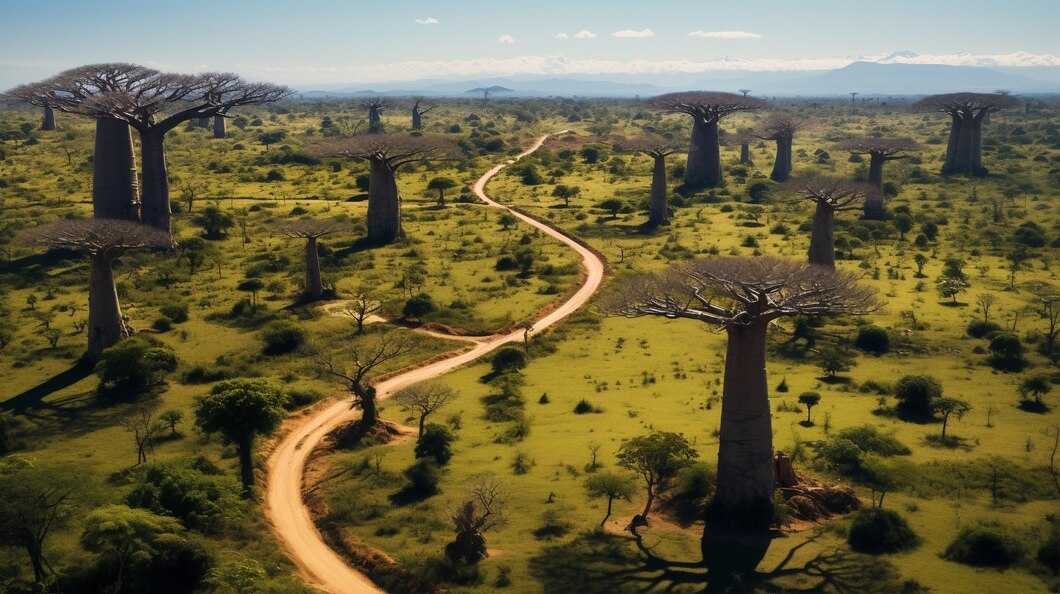on
BY SIMONE J. SMITH
Throughout history, there have always been individuals who ascend to the higher echelons of cognitive prowess, where our brains undergo profound transformations in the acquisition of knowledge.
Progressing from mere understanding – the ability to interpret, summarize, and infer meaning – they delve into the realm of application, where concepts are wielded in real-world scenarios with astuteness. Advancing further, they embark on the path of analysis, dissecting ideas into their constituent parts and perceiving them through diverse lenses.
Synthesizing follows, as they weave together disparate threads of information to unveil overarching truths and patterns. Then comes evaluation, where judgments are forged through rigorous scrutiny and comparison against established criteria.
Finally, at the pinnacle stands creation, the zenith of Bloom’s Taxonomy, where elements are ingeniously fashioned into novel configurations, marking the culmination of intellectual mastery. In these higher states of cognition, the journey from understanding to creation represents a transcendence, a testament to the boundless potential of the human mind.
We are lucky to have a mind in our community that has reached profound levels of thinking; that individual is Elder Errol Gibbs. I received a thought-provoking Mini Position Paper titled “Unthinkable Thoughts!”
In the paper, he speaks to the fact that every country needs alliances, but they must be as equal partners, not as subordinates to self- appointed “great powers.” “Africa is far superior in its potential than any nation in the world to benefit from the new world—the Fourth Industrial Revolution (4IR) (Industry 4.0), undergirded by AI digital resolution. Africa does not need the IMF, or the World Bank to keep suffocating her growth through a “debt trap,” he shares.
Elder Gibbs mentions that it is not theoretical, but scientific and a practical reality, undergirded by significant data gathering and analysis of Africa’s balance sheet. Africa might be cash-poor, but it is asset-rich. Africa has many advantages that the world seems unaware of. For instance:
Natural resources:
For example, Africa has 40% of the world’s gold and up to 90% of its chromium and platinum. It also has the largest reserves of cobalt, diamonds, platinum, and uranium in the world. Africa holds 65% of the world’s arable land, and 10% of the planet’s internal renewable freshwater source.
Massive land mass:
For example, The African continent has a land area of 30.37 million sq. km (11.7 million sq. mi) — enough to fit the: United States, China, India, Japan, Mexico, and many European nations combined.
Massive youth population:
For example, the youth is Africa’s greatest asset. Africa’s population is projected to more than double to reach 2.5 billion by 2050, representing 25% of the world’s population. Almost one-half of the world’s youth will be from Africa, with a median age of 35.
Massive intellectual student base (national and internationally):
For example, in 2020, France hosted approximately 126,000 African students. China comes in second with roughly 81,500 students, while the United States comes in third with approximately 48,000 African students.
Massive medical practitioners (internationally):
For example, approximately 65,000 African-born physicians and 70,000 African-born professional nurses worked overseas in a developed country in 2000. This represents about one-fifth of African-born physicians worldwide and about one-tenth of professional nurses. The fraction of health professionals abroad varies enormously across African countries, from 1% to over 70% according to the occupation and country.
It is at this point of the paper that Elder Gibbs asks some questions; does the UN Sustainable Development Goals help Africa focus on gaining autonomy in any of these seven sectors? Can they enable Africa to get out of the “debt trap?” Can they help Africa achieve the status of “industrialized nation,” and a “United States of Africa?”
According to Elder Gibbs, “Africa has the means to accomplish these goals as her primary responsibility. Africa needs to craft a unique set of 17 Sustainable Development Goals “apart” from the United Nations: Department of Economic and Social Affairs Sustainable Development Goals. Africa is burning through her: money, talent, and resources in a futile and endless effort of “stop-gap” management instead of building autonomously permanent infrastructure that she can afford.”
“I refer to the cornerstone of the vision for Africa as “Assets versus Liabilities—the Economic Factor: The Rise of Africa?” I prefer to share it with a panel of: African Leaders, academics, and researchers rather than in this paper. It requires a boardroom presentation in an academic setting.”
For my higher-level thinkers, what are your thoughts; do you believe that Africa needs to craft a unique set of 17 Sustainable Development Goals “apart” from the United Nations: Department of Economic and Social Affairs Sustainable Development Goals? If you would like to add to this discussion, feel free to reach out to Elder Gibbs at gibbse143@gmail.com. He will be able to field any questions you have and share the mini position paper with you.
Stay in the loop with exclusive news, stories, and insights—delivered straight to your inbox. No fluff, just real content that matters. Sign up today!
We, as humans are guaranteed certain things in life: stressors, taxes, bills and death are the first thoughts that pop to mind. It is not uncommon that many people find a hard time dealing with these daily life stressors, and at times will find themselves losing control over their lives. Simone Jennifer Smith’s great passion is using the gifts that have been given to her, to help educate her clients on how to live meaningful lives. The Hear to Help Team consists of powerfully motivated individuals, who like Simone, see that there is a need in this world; a need for real connection. As the founder and Director of Hear 2 Help, Simone leads a team that goes out into the community day to day, servicing families with their educational, legal and mental health needs.Her dedication shows in her Toronto Caribbean newspaper articles, and in her role as a host on the TCN TV Network.













